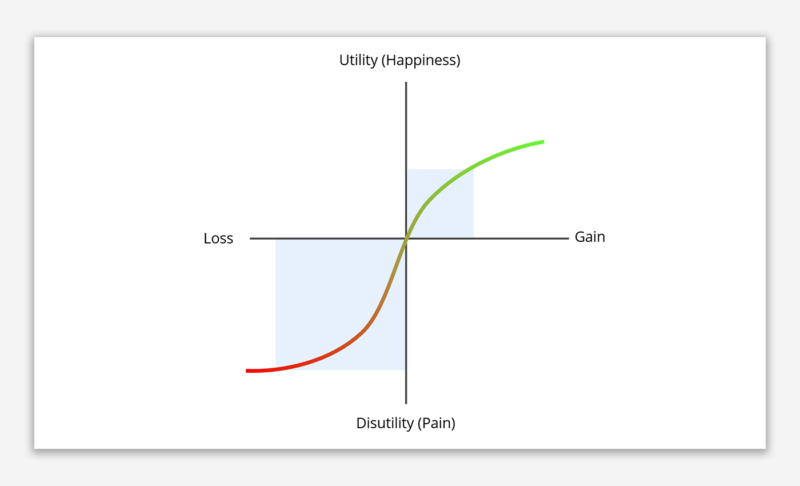I tend to run away from anything that uses the word architecture (or architect) unless it relates to building real buildings. Having said that, the phrase “choice architecture” is an important theme in behavioural economics and “nudge” approaches, and I recently found a great research example that looks at the impact of choice architecture on eating patterns.
Meat-rich diets are leading drivers of species loss and climate change. Livestock and aquacultures behind meat, fish, dairy and eggs are responsible for 58% of the greenhouse gas created by global food consumption and take up 83% of farmland despite contributing just 18% of the world’s calorie intake.
A recent study at University of Cambridge used observational, data and experimental approaches to look at the impact of meal choices on meat consumption across a number of different cafes. In the first phase of the study, researchers looked at data from university cards that were used to pay for meals and looked at the differences across days when no vegetarian or vegan options were on the menu or when up to 75% of options where meat-free.
In a second phase they conducted a designed experiment in a separate café, focusing on a smaller number of repeat diners, who spanned the range of balance between meat and vegetarian meal choices. Across the studies, their results are based on 94,000 meal choices, although they focused on almost 87,000 hot meals (excluding sandwiches and salads), and 2,140 repeat diners.
Moving from 1 in 4 to 2 in 4 vegetarian options increased meat-free meal choices by 40-80% (up to 15% of all meals), with the biggest changes amongst the most carnivorous diners and with no “rebound effects” (i.e., diners didn’t adjust their diet at other meals). By their calculation, the impact of this change would lead to a 33% reduction in carbon emissions and 28% reduction in land use per kilogram of food purchased.
The study is a great example of structuring choices to nudge behaviour in a positive direction. One of the authors of the study says, “Education is important but generally ineffective at changing diets. Meat taxes are unpopular. Alerting the range of available options is more acceptable and offers a powerful way to influence the health and sustainability of our diets.”
I couldn’t agree more. The same approach can be applied to other influences on climate change. You can find more details of the research here.







How barriers don’t need to be physical to work – TapestryWorks
[…] or perceived) to shape behaviour (you can read about the impact of environments on canteen dining here). What is also interesting for me is the study teaches us about morality and metaphors. One of the […]